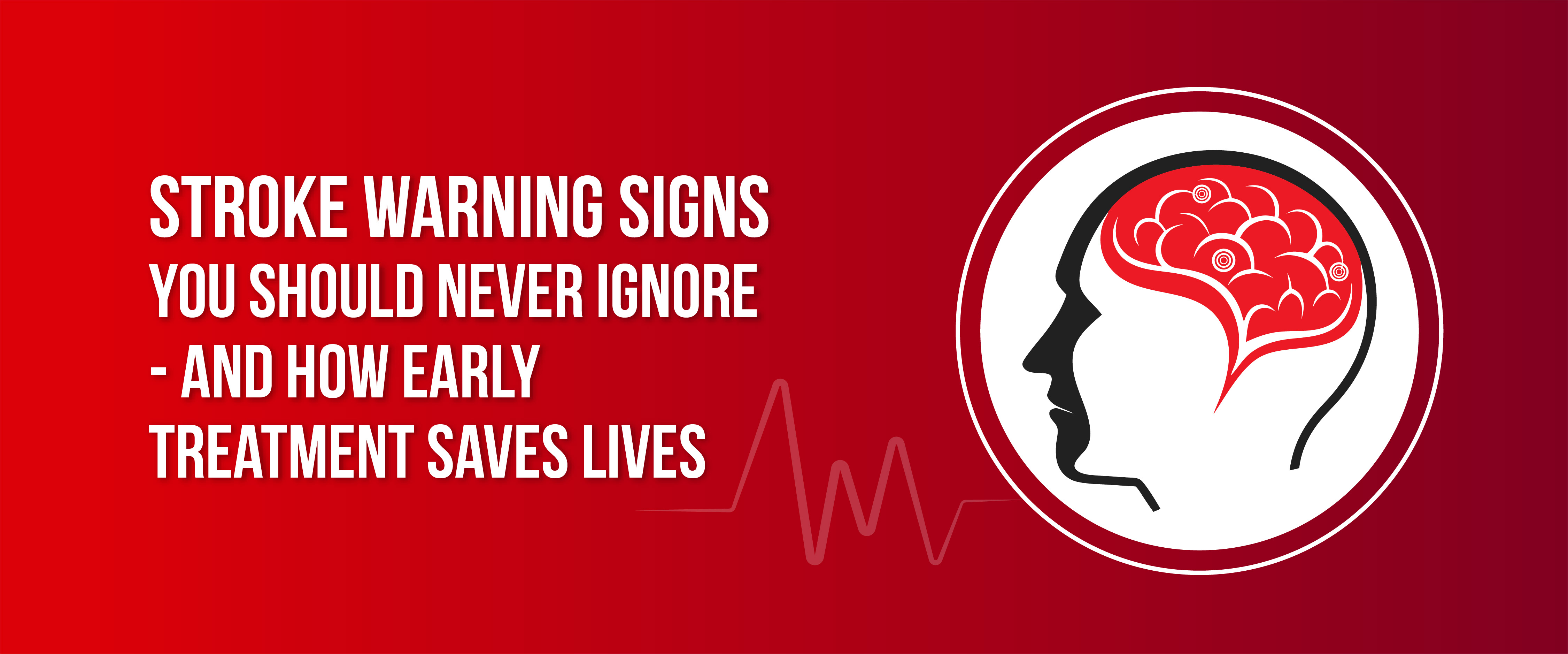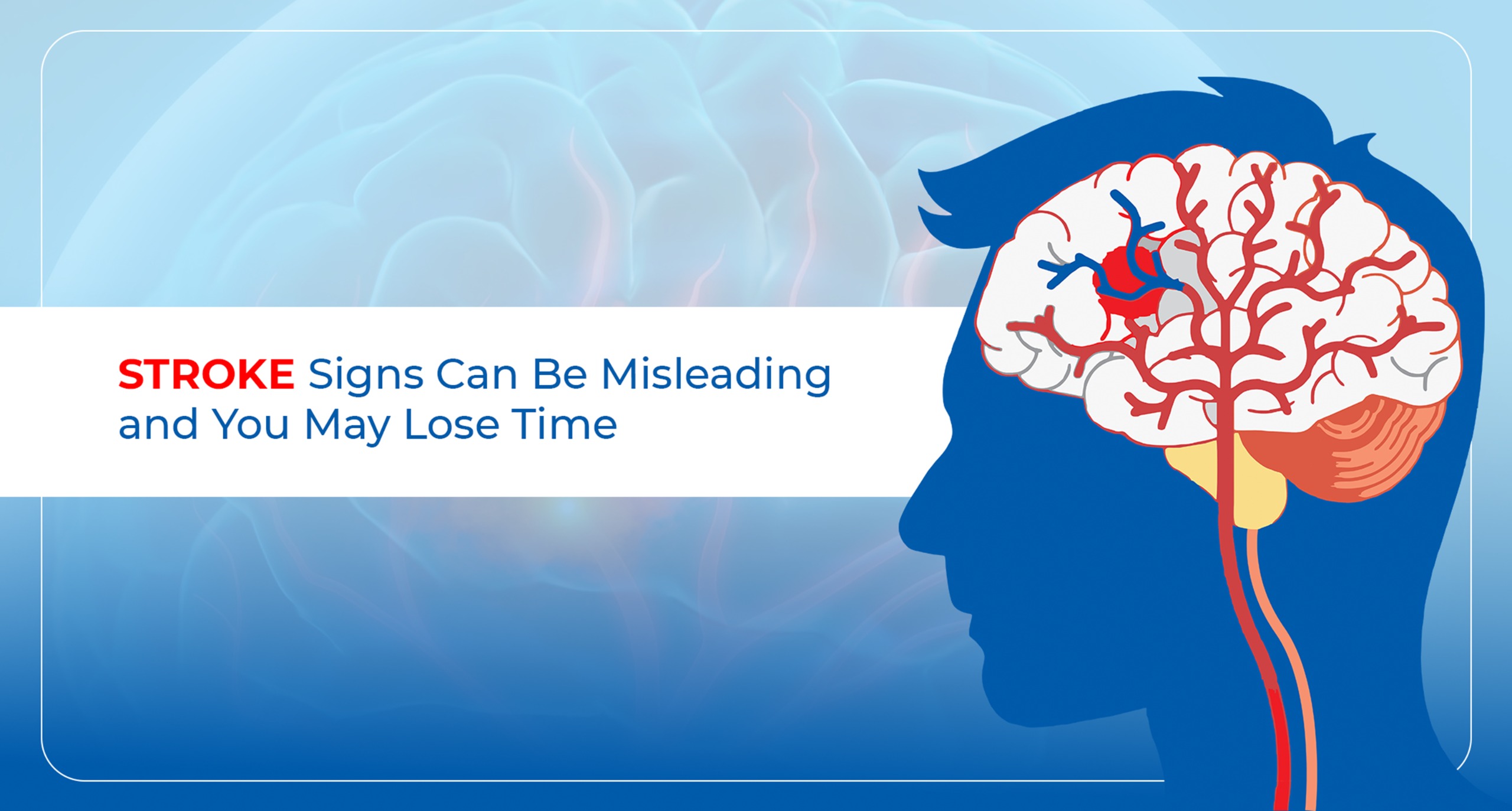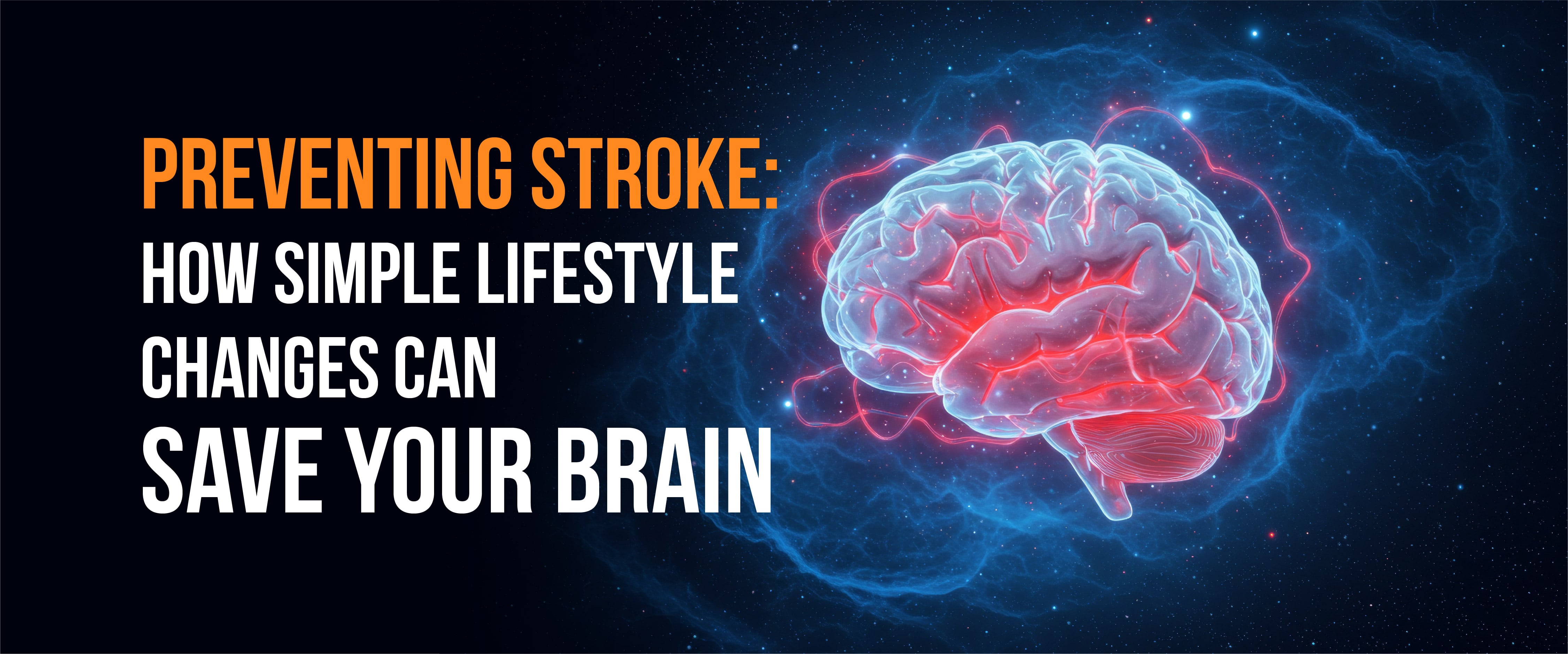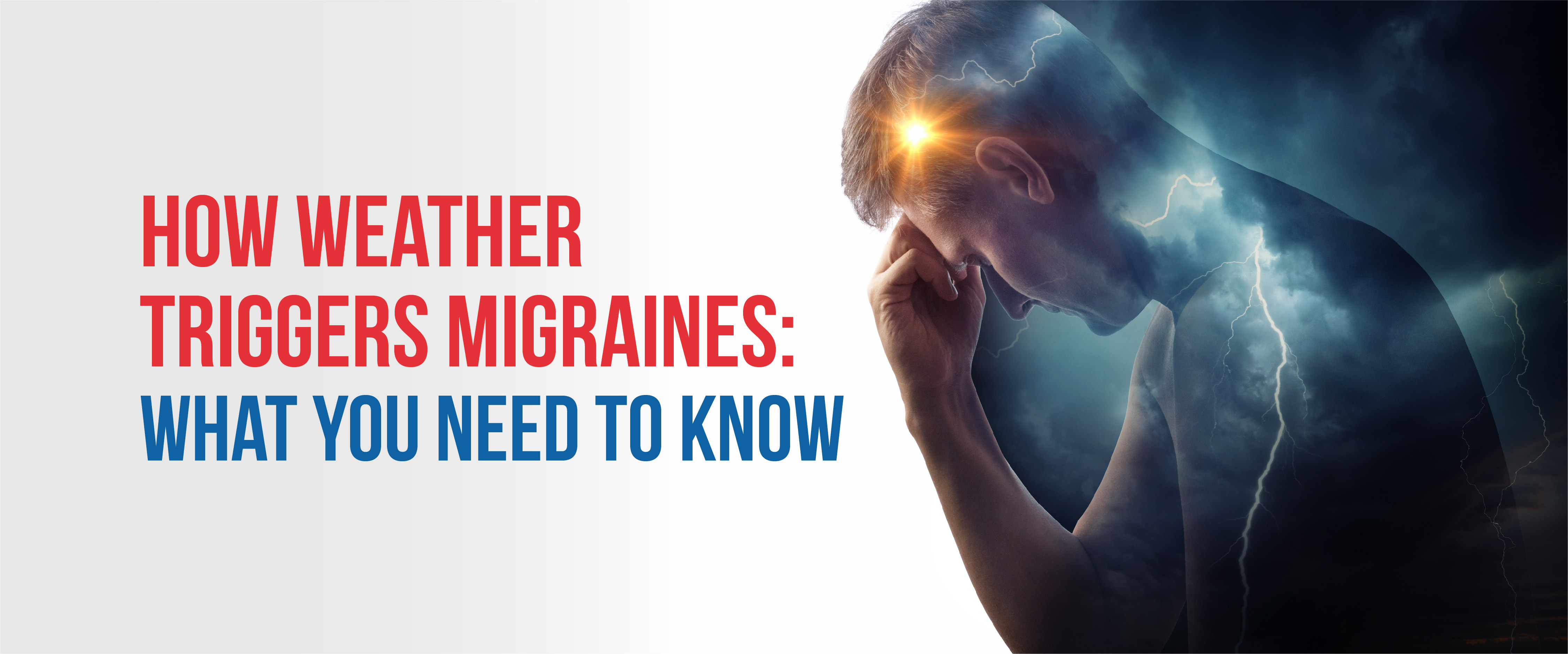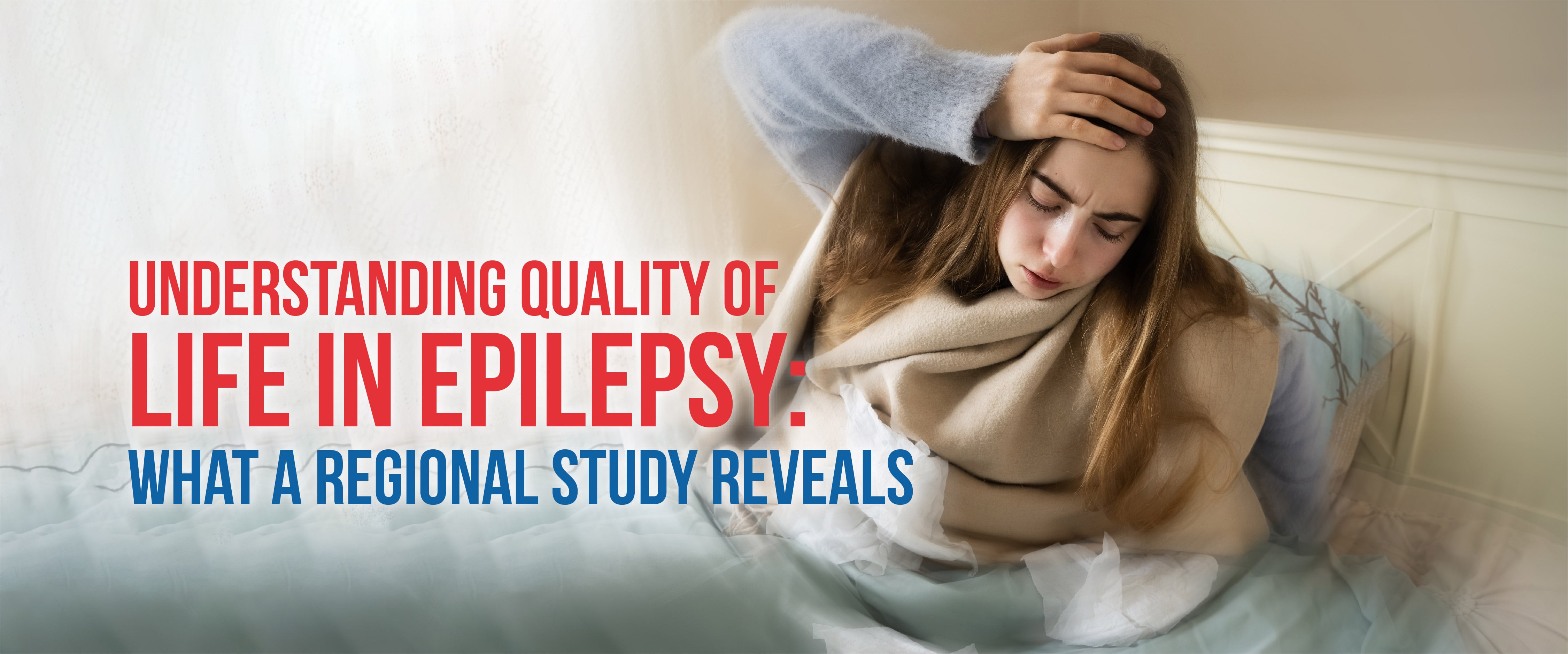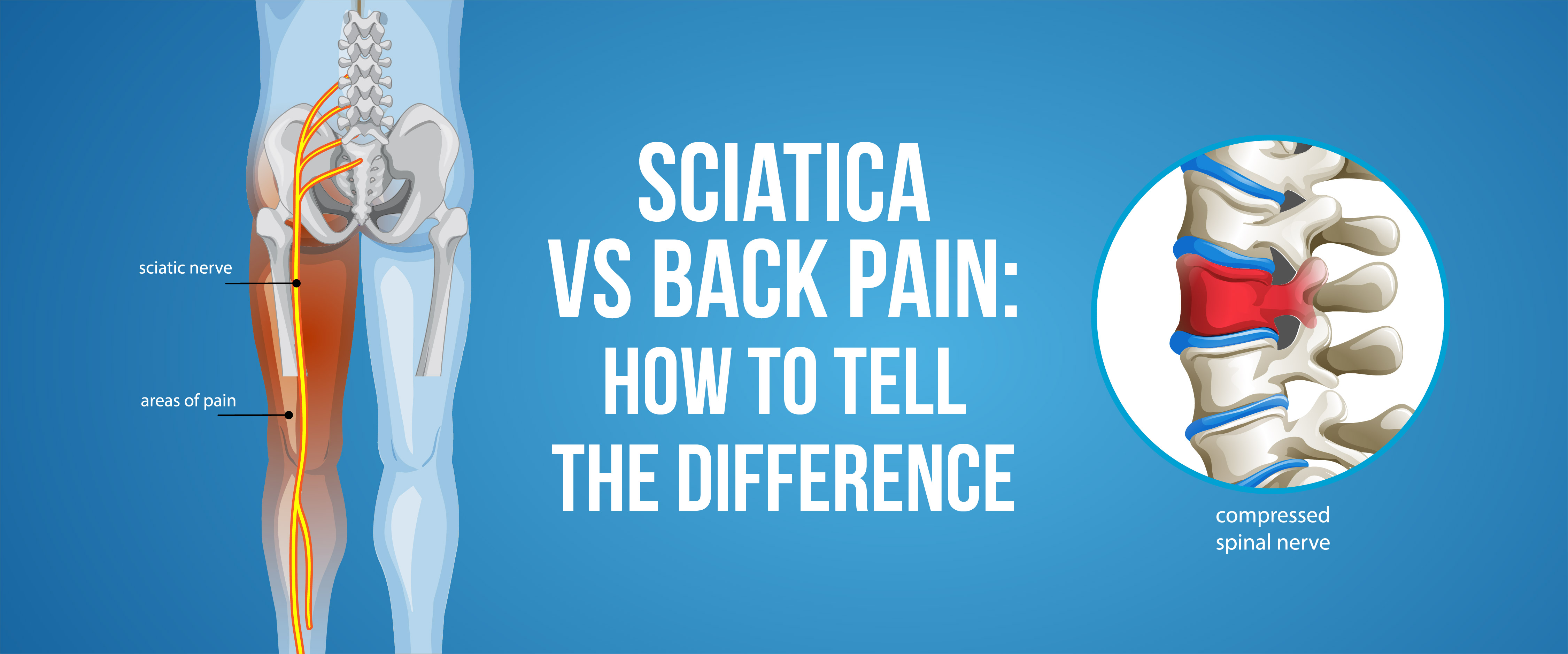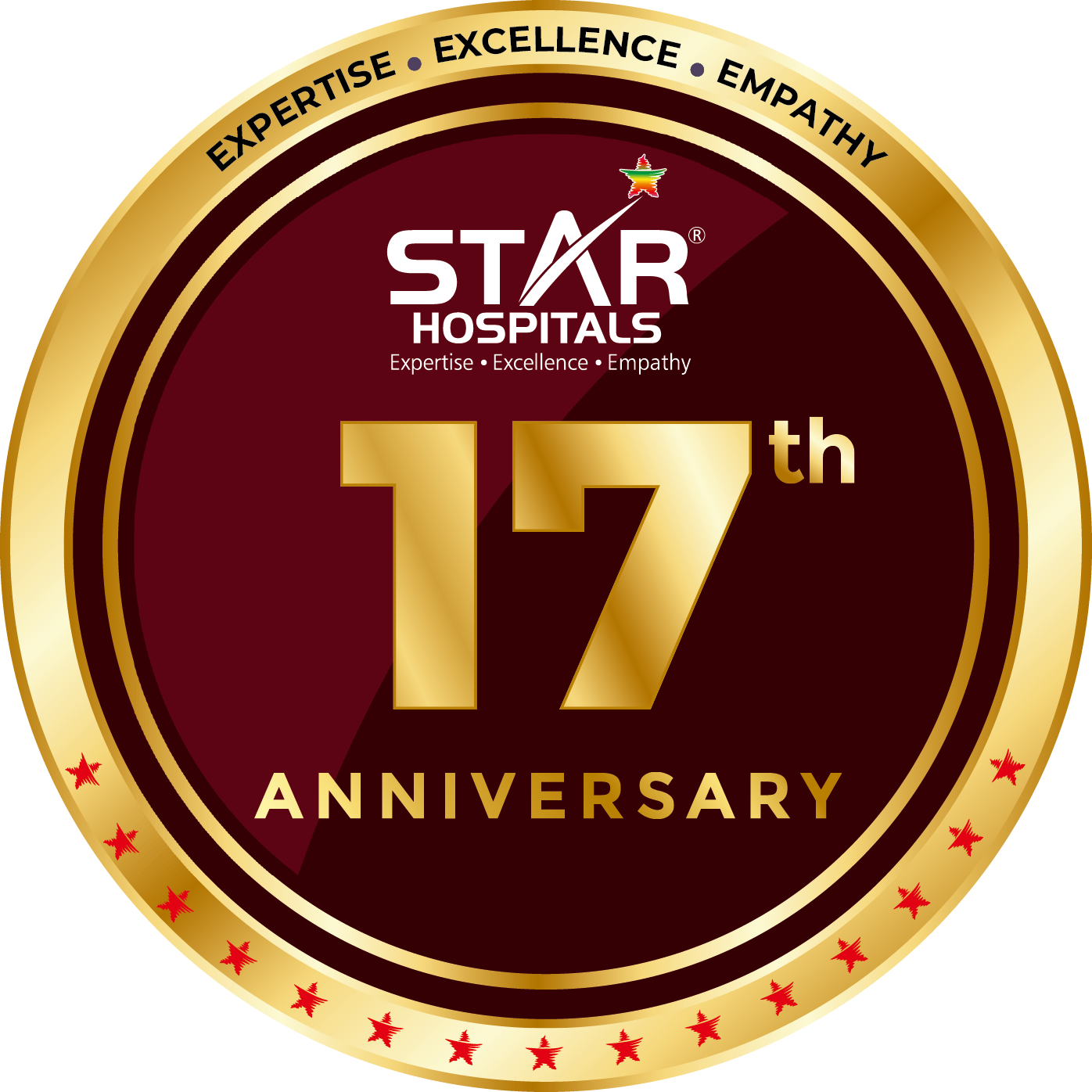Most of us have been through that phase in our lives when a loved one had a sudden hitch, and we just stood silently and watched, because we were unaware of the steps to take in such an emergency. Let us not lose any more dear ones because of our ignorance. Let us learn practical tips on how to react and take action in emergencies such as a stroke. Strokes need not be fatal if timely aid is provided.
What is a stroke?
It is a ‘brain attack’, which suddenly strikes a part of, or the whole of the brain, causing sudden loss of function. It is a condition where blood flow to a part of the brain is suddenly interrupted due to a blocked artery or a burst blood vessel. When the brain does not get enough blood enriched with vital oxygen, its cells begin to die. This happens within minutes and can lead to permanent brain damage, affecting speech, movement, memory, or even consciousness. This is why a stroke is a medical emergency and should be attended to immediately
Stroke Statistics in India: At a Glance
-
In 2021, India recorded over 1.25 million new stroke cases. This is a 51% increase over 30 years.
-
India is also expected to see stroke cases rise from 6.2 million in 2022 to 6.7 million by 2027. This represents an annual growth of about 1.7%.
- An alarming national estimates suggest that 10–15% of all strokes in India occur in people under 40, termed as “young onset stroke”.
- In Hyderabad, 20–30% of stroke patients are now between 18 and 45 years old.
The first hour is the most critical for a person having a stroke. The ideal way to identify a stroke is to check for F.A.S.T.
- F stands for facial drooping: look for an uneven smile or numbness in the face
- A stands for weakness in arms: look for inability to hold weights or simple immobility
- S stands for speech difficulty – like slurring, stammering or inability to form words
- T stands for time. Early action is critical
Sometimes, other warning signs precede F.A.S.T.
- Sudden numbness or weakness in the face, arm, or leg, especially on one side of the body.
- Trouble speaking or slurred speech, and difficulty expressing simple words or understanding others
- Vision problems like double vision, sudden blurriness or loss of vision in one or both eyes
- Dizziness and loss of balance, like unexplained falls, difficulty in walking, coordination problems
- Severe and sudden intense headache, often described as the "worst headache ever", with no known cause
- Confusion or memory lapses, feeling disoriented, unable to concentrate, or struggling to follow conversations
- Sudden fatigue or weakness, fatigue or a feeling of being drained without reason and can sometimes be accompanied by nausea or fainting
A stroke is a true emergency. The sooner it is treated, the less damage may occur. Every moment counts. Start by calling the emergency healthline or the nearest hospital. Wait for the ambulance with paramedics to arrive and provide the initial treatment. Provide full and clear details to the medics.
The 3 cornerstones for complete recovery are:
1. Identifying the warning signs
2. Rushing to the hospital within the golden window- the first 60 minutes after the onset of symptoms
3. Choosing the right medical facility with experienced and specialised doctors
Treatment Methods
Apart from the first aid provided by the paramedics, Doctors, on arrival at the emergency ward of the hospital, will:
- Use sophisticated imaging tools like multi-modal MRI or CT Brain with perfusion imaging
- Select patients who will benefit from advanced clot-busting or clot retrieval procedures using hyper-acute stroke pathways. Clot-dissolving medication will be infused into the veins to dissolve brain vessel clots to restore blood flow.
- Clot retrieval procedures will be done for large clots, too big to be dissolved by intravenous thrombolytics. Mechanical clot retrieval can also help where a clot buster is deferred for various medical reasons. They may also be done for clots in certain larger vessels through a procedure called mechanical thrombectomy.
Outcomes are best when done as soon as stroke strikes, so it is urgent to rush to a hyper-acute stroke centre as early as possible.
Preventive Care
- It is always better to be safe than regret later. Here are some tips to live a healthy life:
- Control high blood pressure: it is the single biggest risk. Reduce salt intake
- Manage diabetes: keep blood sugar under control through diet, exercise and prescribed medications.
- Check cholesterol levels – keep LDL (“bad” cholesterol) low and HDL (“good” cholesterol) healthy
- Eat healthy food and do moderate exercise like brisk walking or cycling at least 4-6 times a week. Include strength and balance training, especially as you get older.
- Stop smoking and limit alcohol consumption
- Maintain a Healthy Weight: Even a little weight loss will lower blood pressure, improve blood sugar and reduce strain on your heart and brain
- Manage Stress & Sleep: Practice relaxation techniques — meditation, yoga, or breathing exercises. Aim for 7–9 hours of quality sleep at night
STAR Hospitals Hyderabad has a 24/7 emergency department, responding to complex conditions such as strokes and coordinating with multiple departments to provide the best emergency care available. In the case of an emergency, do not think twice. Care is close by, and so is hope.
